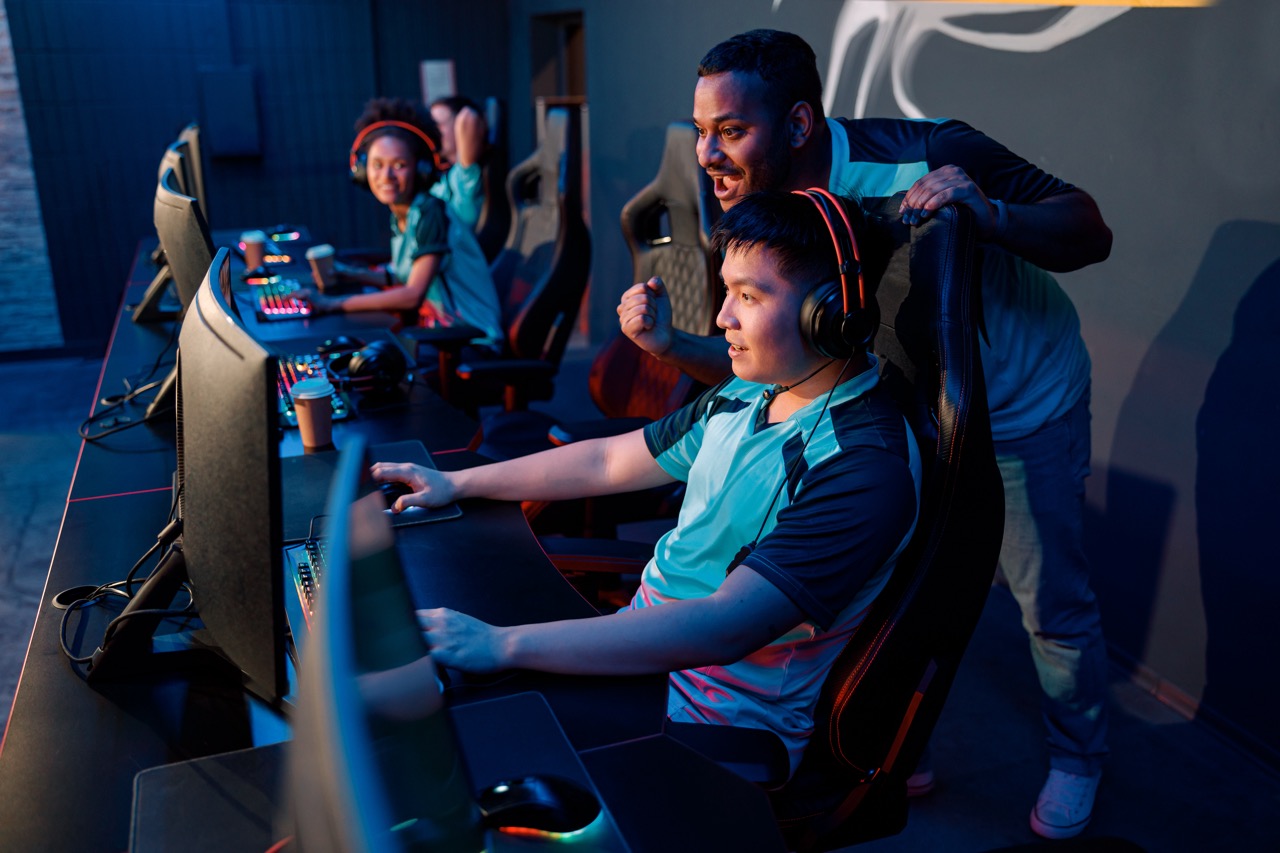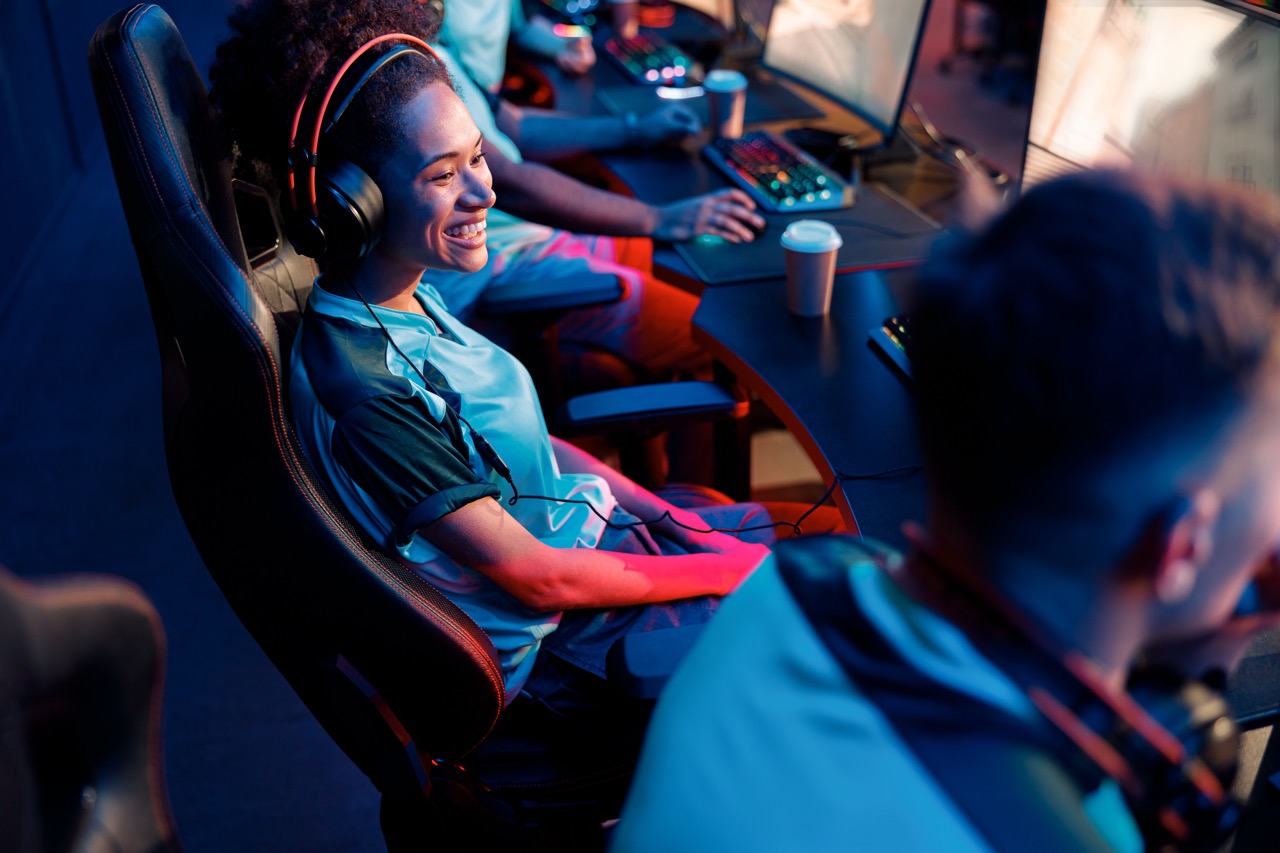Hollywood has always had a complex relationship with the gaming community. From early parodies to blockbuster adaptations, the film industry has attempted to capture the essence of gaming culture, often with mixed results. As the gaming world evolves, so too does Hollywood’s perception of gamers. This article dives into the cinematic portrayal of gamers, exploring stereotypes, iconic characters, and the burgeoning influence of gaming culture on film and television.
The Evolving Image of Gamers in Hollywood Films
In the past, gamers were often portrayed as nerdy, socially awkward individuals spending all their time in dimly lit rooms, epic win screens flashing before their eyes. These depictions led to a stereotype that painted gamers in a negative light, suggesting that they were out of touch with reality. However, as gaming has become more mainstream, these portrayals have begun to shift significantly. Today, we see a more diverse and multifaceted representation of gamers on screen.
Films and series are now showcasing a wider variety of characters who play video games. From action-packed adventure films to heartfelt dramas, we see gamers depicted as active participants in society rather than isolated individuals. Characters like the vibrant squads in movies like "Ready Player One" illustrate that the gaming community is filled with camaraderie, creativity, and determination. This shift not only reflects the evolving perception of gamers but also highlights the shared cultural experience that gaming fosters.
Moreover, the rise of content creators and streamers has further transformed Hollywood’s view. Characters are beginning to mirror the real-life personas of YouTubers and Twitch streamers, who often embody charisma and community engagement. These figures help dismantle the outdated idea that gamers are socially inept, showcasing instead that they are influencers with significant cultural clout.
As Hollywood continues to adapt to modern sensibilities, the image of gamers is evolving toward one that is more relatable and inclusive. This evolution mirrors the changes in the gaming community itself, where diversity and representation are becoming increasingly essential. While there’s still work to be done to fully capture the breadth of the gaming experience, filmmakers are starting to show that gamers are not just players but vibrant members of society.
Stereotypes: Are Gamers Still Seen as Social Outcasts?
Despite the strides made in portraying gamers in a more positive light, some stereotypes remain stubbornly ingrained in Hollywood cinema. The image of the “lone wolf” gamer still lingers, often depicted as someone who struggles to form relationships outside of the gaming universe. This stereotype reinforces the idea that gamers are socially inept, which can be harmful and reductive, especially as gaming has become a mainstream form of entertainment.
Many films still lean into this trope, featuring characters who are socially awkward and misunderstood. These portrayals often exaggerate traits for comedic effect, but they can perpetuate negative perceptions of gamers. For instance, characters that are overly obsessed with their virtual worlds can create a disconnection with a broader audience that may not understand or identify with these extremes.
However, some filmmakers have taken steps to challenge these stereotypes. They are creating more nuanced characters who reflect the diversity found within the gaming community. By showcasing gamers who navigate social situations adeptly, balance their passions with real-life responsibilities, and form meaningful relationships, these films contribute to a more accurate representation of gamers as well-rounded individuals.
Ultimately, while stereotypes persist, the tide is turning as Hollywood realizes that gamers are not just a niche audience. By moving beyond caricatures and embracing the complexity of the gaming community, filmmakers can create more relatable and authentic narratives that resonate with a wider audience, paving the way for a more inclusive representation of gamers.
Iconic Gamer Characters: Who Got It Right (and Wrong)?
When it comes to iconic gamer characters in Hollywood, the results have been decidedly hit-or-miss. On one hand, characters like Sam Flynn from "Tron: Legacy" and Wade Watts from "Ready Player One" are celebrated for their relatability and depth. These characters not only engage with the gaming world but also face real-world challenges, making them compelling figures who resonate with both gamers and non-gamers alike.
On the flip side, films like "The Last Airbender" or various adaptations of popular video games often miss the mark entirely. Characters are often reduced to simplistic stereotypes, lacking the richness and backstory that gamers expect. For instance, the portrayal of characters in "Assassin’s Creed" felt detached from the gaming experience, leading to disappointment among fans. This disconnect can alienate potential audiences and fuel the notion that filmmakers don’t truly understand the gaming culture they are trying to represent.
It’s crucial to recognize that fans have a deep emotional connection to their favorite gaming characters. When films fail to capture this essence, they risk disappointing a devoted audience. Successful adaptations often involve collaboration with game developers and storytellers who understand the source material. By tapping into the collective knowledge of the gaming community, filmmakers can create more authentic character portrayals.
As Hollywood continues to explore gaming narratives, the challenge lies in creating characters that are not only entertaining but also reflective of the diverse experiences of gamers. The industry has the opportunity to learn from both its successes and failures, striving for a more accurate representation that honors the art and creativity of gaming culture.
The Influence of Gaming Culture on Movie Storylines
Gaming culture has started to carve out a significant role in shaping movie storylines, leading to innovative narratives that intertwine gaming elements with cinematic storytelling. With the rise of open-world games and sandbox environments, filmmakers are taking inspiration from the freedom and creativity found in gaming. This evolution has led to plotlines that allow characters to explore vast digital landscapes that parallel the experiences of gamers.
In films like "Free Guy," the protagonist discovers his existence within a video game, leading to an exploration of reality versus fiction. This concept resonates with gamers who often find themselves immersed in virtual worlds, raising philosophical questions about identity, agency, and the nature of reality. Such narratives not only entertain but also offer thoughtful commentary on the role of gaming in our lives.
Additionally, the mechanics of gaming—such as leveling up, character progression, and quests—have begun to influence storytelling techniques in movies. Filmmakers are incorporating these elements to create engaging plots that mirror the gameplay experience. This can be seen in films like "Jumanji: Welcome to the Jungle," where characters must complete challenges to progress through the story, reflecting the dynamic and interactive nature of modern gaming.
As gaming culture continues to evolve, Hollywood is responding by weaving more intricate narratives that engage viewers in ways that traditional storytelling might not. The blending of gaming elements into film storytelling not only enriches the cinematic experience but also acknowledges the significant cultural impact that gaming has on contemporary society.
Hollywood’s Take on Esports: A Growing Interest
As esports continue to gain traction around the globe, Hollywood has begun to pay attention to this booming industry. Films such as "The Kings of Summer" and documentaries like "Free to Play" highlight the competitive nature of esports and portray gamers as highly skilled athletes. With a dedicated fan base and the rise of massive tournaments, filmmakers are starting to recognize the potential for compelling narratives centered around this phenomenon.
Esports events are not just competitions; they are cultural spectacles that draw millions of viewers. From elaborate stage setups to passionate fans, the atmosphere surrounding these events can be as electrifying as any traditional sporting event. Hollywood is beginning to capture this excitement, showcasing the behind-the-scenes struggles and triumphs of teams and players in a bid to connect with audiences who may be unfamiliar with the esports landscape.
However, the representation of esports in films is still in its infancy. While some projects delve into the emotional and psychological aspects of competitive gaming, others fall back on clichés that oversimplify the experience. A balance must be struck between dramatizing the competition and accurately portraying the dedication and discipline required to excel in this field.
As interest in esports continues to grow, Hollywood has the potential to create a new genre of films that celebrate the skill, teamwork, and passion of gamers. By telling authentic stories that resonate with both gamers and non-gamers alike, filmmakers can help bridge the gap between traditional sports and esports, showcasing the incredible world of competitive gaming.
Bridging the Gap: Gamers and Filmmakers Collaborate
One of the most exciting developments in the relationship between Hollywood and the gaming community is the increasing collaboration between gamers and filmmakers. As the film industry recognizes the depth and diversity of gaming culture, they are turning to gamers, game developers, and industry experts for input and guidance. This collaboration is vital for creating authentic representations of gaming in film.
In recent years, we’ve seen successful partnerships between filmmakers and game creators that lead to more accurate adaptations. Projects like "The Witcher" and "Arcane" have benefitted from input from gaming experts, resulting in narratives that resonate with both audiences familiar with the games and those new to the stories. By integrating the insights of those who understand the gaming world, filmmakers can craft narratives that truly honor the source material.
Furthermore, this collaboration extends beyond just adaptations. Original films inspired by gaming culture, such as "Ready Player One," have tapped into the creativity of the gaming community, leading to unique storytelling experiences that celebrate the essence of gaming. By collaborating with voice actors, writers, and even fans, filmmakers can create a more immersive experience that speaks to the heart of the gaming culture.
As the worlds of gaming and film continue to intersect, the potential for innovative storytelling and authentic representation grows. By working together, gamers and filmmakers can create cinematic experiences that not only entertain but also reflect the values and experiences of the gaming community. This collaboration could be the key to shaping the future of gaming in Hollywood.
In conclusion, Hollywood’s view of gamers has come a long way, evolving from outdated stereotypes to more nuanced and relatable representations. While there are still challenges to overcome, the collaboration between gamers and filmmakers offers a promising pathway to creating authentic narratives that resonate with audiences. As gaming culture continues to flourish, Hollywood has the opportunity to embrace this dynamic community, paving the way for a richer, more inclusive cinematic landscape. The future looks bright for gamers and filmmakers alike,










